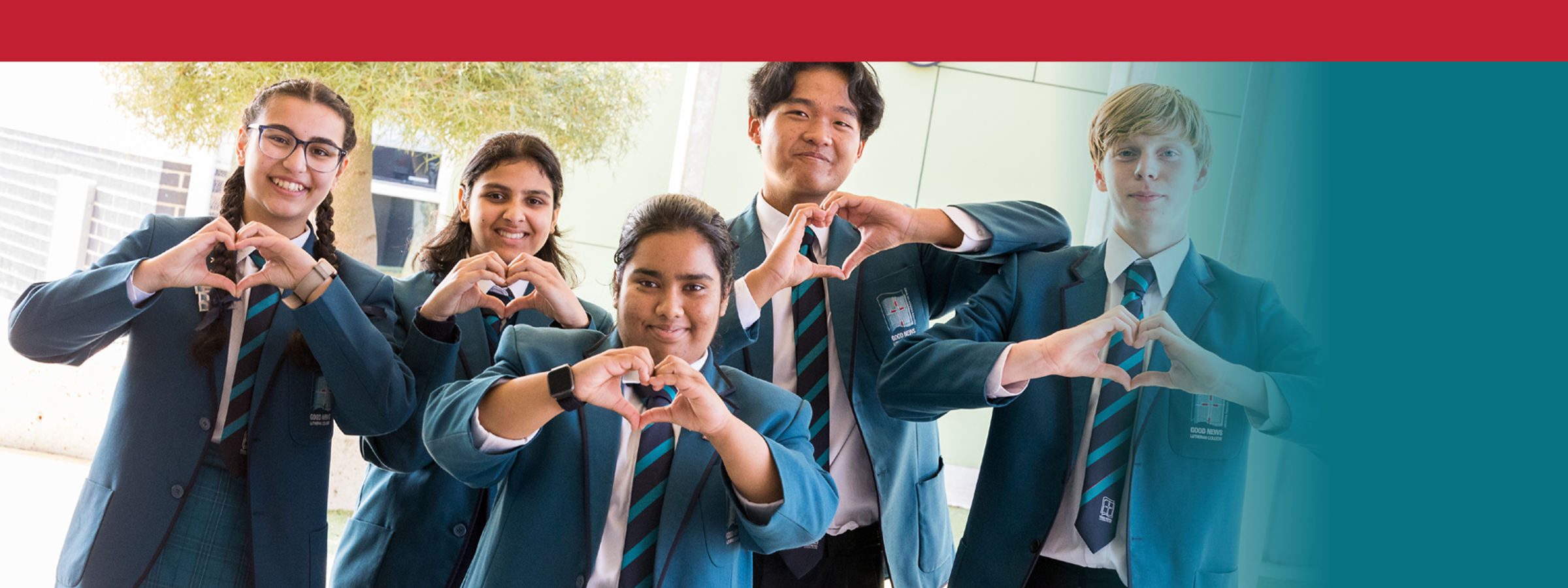Counsellors Corner
Leanne Miller

Counsellors Corner
Leanne Miller
Dr Caroline Leaf, a Neuroscientist demonstrates how our brains are designed and explains their response to love and toxicity.
In her book, 'The Perfect You' Dr Leaf shares:
Since whatever we think about the most will grow, we become what we meditate on.
Every type of emotion has one of only two roots: love or fear. How do these attitudes get a love or fear flavour? Through our thinking, feeling, and choosing - our Perfect You.
Science is, in fact, showing us massive "unlearning" of negative toxic thoughts, when we operate in love. We can unlearn negative fear - it is not a part of our innate natural functioning. Recent neuroscientific research demonstrates that some of the chemicals the brain releases when we are operating in our Perfect You include oxytocin, which literally melts away the negative toxic thought clusters so that rewiring of new nontoxic circuits can happen. This chemical also flows when we trust, bond, and reach out to others.
Another amazing chemical called dopamine also works with oxytocin. It flows as we expect and anticipate something. It also puts us on heightened alert to facilitate the building of new memories as we imagine helping someone do well in a test or restore a relationship, or as we suddenly understand something we have been battling with, e.g. a thrilling surge of energy of excitement, confidence, and motivation to carry on, as well as influencing the actual building of long-term memory.
Research also shows that when we do good things and reach out in love, endorphins and serotonin are also released that make us feel great, which detoxes our brains and increases our motivation and wisdom, helping us negotiate life more successfully when we operate in love.


Yomayra F Guzman et al., "Fear Enhancing Effects of Septal Oxytocin Receptors," Nature Neuroscience (2013).Patty Van Cappellen et al, "Effects of Oxytocin Administration on Spirituality and Emotional Responses to Meditation, "Social Cognitive and Affective Neuroscience (2016).
Leanne Miller
College Counsellor